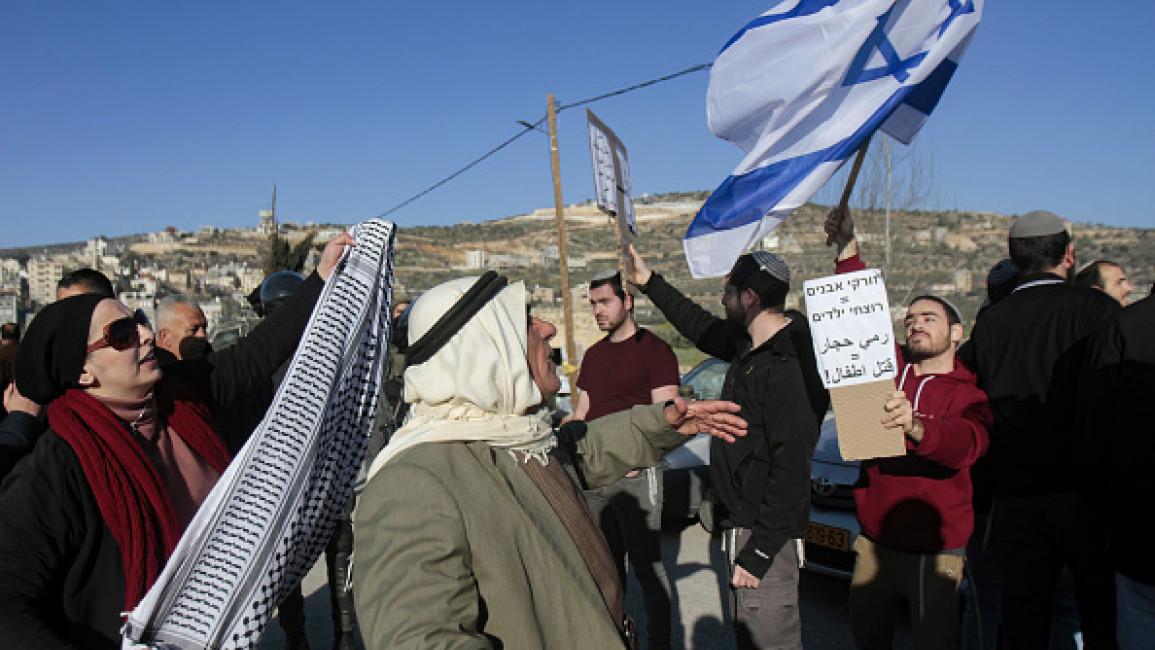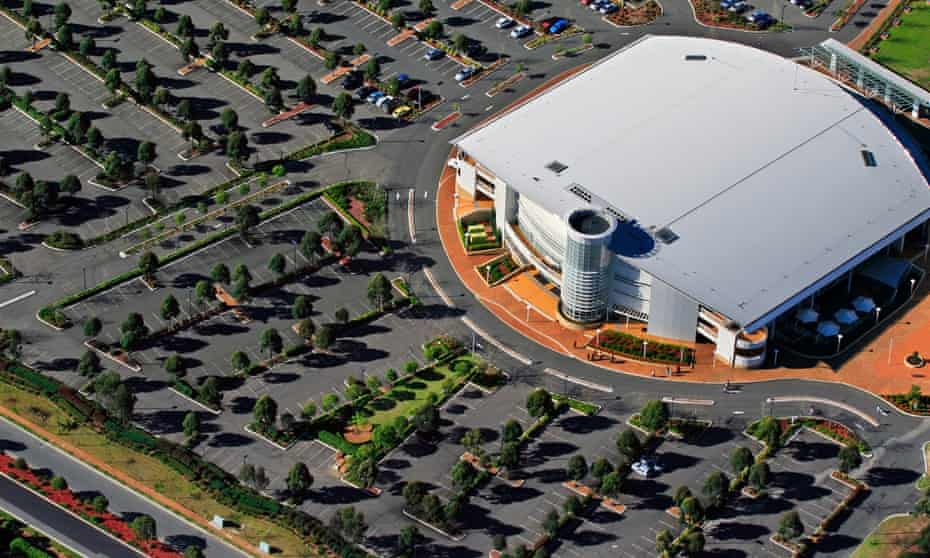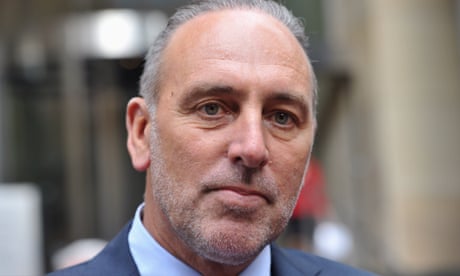Shortages hit hard in Sri Lanka as citizens protest and the government seeks IMF bailout

A Ceylon Petroleum fuel truck. Image from Flickr by Dhammika Heenpella. CC BY-NC-ND 2.0
On March 18, 2022, the authorities announced that the final term examinations of schools in the Western Province of Sri Lanka would be delayed due to a shortage of paper and other materials required to prepare the examination papers. The printers of examination papers were unable to secure foreign currency to import the paper and ink they needed.
Twitter user @SriLankaTweet informs that the paper shortage has affected other things:
This is not the only predicament Sri Lanka is facing. Widespread shortages, such as fuel, gas, medicines, or even car parts, triggered by higher prices and foreign exchange shortages are making everyday life miserable in the country. On August 30, 2021, the country declared an economic emergency to control soaring food prices amid the foreign exchange crisis. Food inflation rose above 25 percent in February 2022.
The country is reeling from its worst financial crisis since independence in 1948 — its usable foreign currency reserves plunged below $1 billion in 2022. Sri Lanka may soon face a sovereign debt default and it has requested an IMF bailout.
An unprecedented crisis
Over the past five decades, Sri Lanka undertook several infrastructure development projects, which were financed through foreign loans. By 1989, Sri Lanka’s public debt (domestic and foreign) amounted to 109 percent of its GDP, but the country could manage it with the support of the International Monetary Fund (IMF) as these were concessionary loans with low-interest rates — not market rates — and longer payback periods. So the government did not have to pay a huge amount of money as foreign debt repayments each year.
After the end of the 30 year-long civil war in 2009, the country needed infrastructural development and it did not generate sufficient revenue to meet its expenditure in the following decade. So it increased reliance on loans provided by export-import (exim) banks, especially from the Exim Bank of China. These loans were commercial with a shorter repayment period, and, by the end of 2020, more than half of Sri Lanka’s foreign loans were commercial, non-concessionary loans. That means the country has to repay the loan instalments within a short time or will face default. During the pandemic, the debt situation worsened and, in 2022 alone, the country has accrued a debt obligation of USD 7 billion.
Meanwhile, Sri Lanka devalued its currency on March 9, 2022, causing the currency value to dip by over 30 percent.
The fuel crisis and the dominoes falling
Though the signs were there in earlier months, in early March, Sri Lanka fell into a severe fuel shortage as it did not have sufficient foreign currency to import and replenish stock. The market price of fuel rose more than 12 percent immediately. Public transport services were crippled as many buses were shut down and taxi drivers had to wait hours in queues to buy fuel as some filling stations capped the sale to a maximum of ten litres per customer. On March 20, two elderly people died while waiting for fuel.
Journalist and writer Kavinthan tweeted:
Scheduled power outages had started in February due to fuel shortage and, from March 2, power cuts were scheduled for over 7 hours in some areas. Sri Lankans on social media started reacting to the crisis.
Twitter user Rehana quipped:
Adilah Ismail, a writer based in Colombo, shared some photos:
By the first week of March 2022, approximately 1,000 bakeries had to close because of a severe shortage of cooking gas.
Storyteller and creative director Brandon Ingram tweeted:
Protests
On March 15, 2022, tens of thousands of protesters gathered outside the president's office, led by supporters of the opposition alliance the Samagi Jana Balawegaya (United People's Force) demanding that President Gotabaya Rajapaksa resign.
Marianne David, the deputy editor of The Sunday Morning tweeted:
Citizens in different places in Sri Lanka, even in small numbers, are holding independent vigils and protests to show their anger against the government over the current crisis.
Writer Amalini talks about a protest in the Wattala suburb of the capital Colombo (read the whole thread).
Journalist Vajira Sumedha reported:
Twitter user Avanthi Ratnayake commented:
On March 22, Sri Lanka deployed soldiers at hundreds of petrol stations across the country to help distribute fuel and manage protests.
More loans required for the bailout
Last week, the Sri Lankan government formally requested the International Monetary Fund (IMF) for a favourable support program to help the country.
On March 9, 2022, Sri Lanka imposed import restrictions on 367 non-essential items such as fruits, milk products and fish in a bid to tackle the foreign exchange shortage. On March 17, they signed a line of credit of USD 1 billion with neighbour India and a currency swap of USD 400 million was added to the deal.
The Sri Lankan government is currently negotiating with China for additional funding of USD 2.5 billion. Since the COVID-19 pandemic broke out, China has provided USD 2.8 billion financial assistance to Sri Lanka, including a USD 1.5 billion currency swap.













